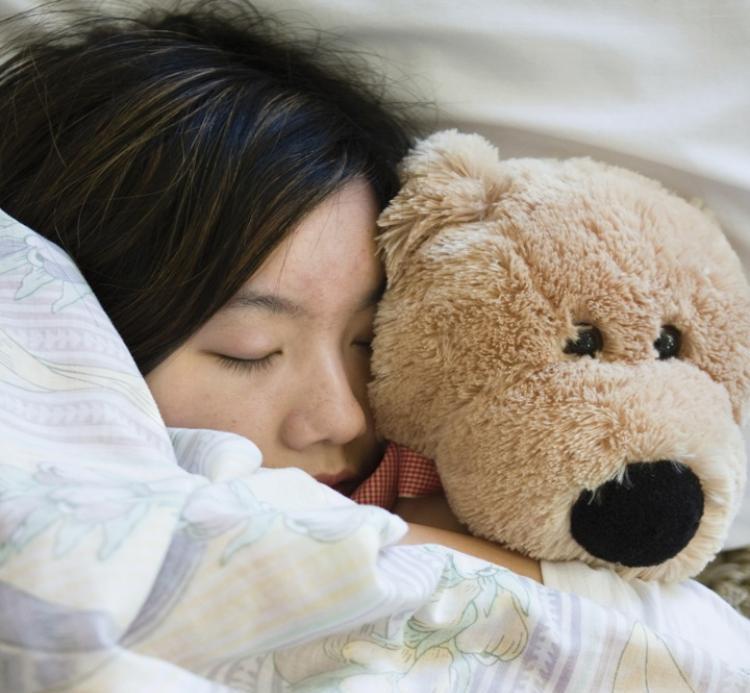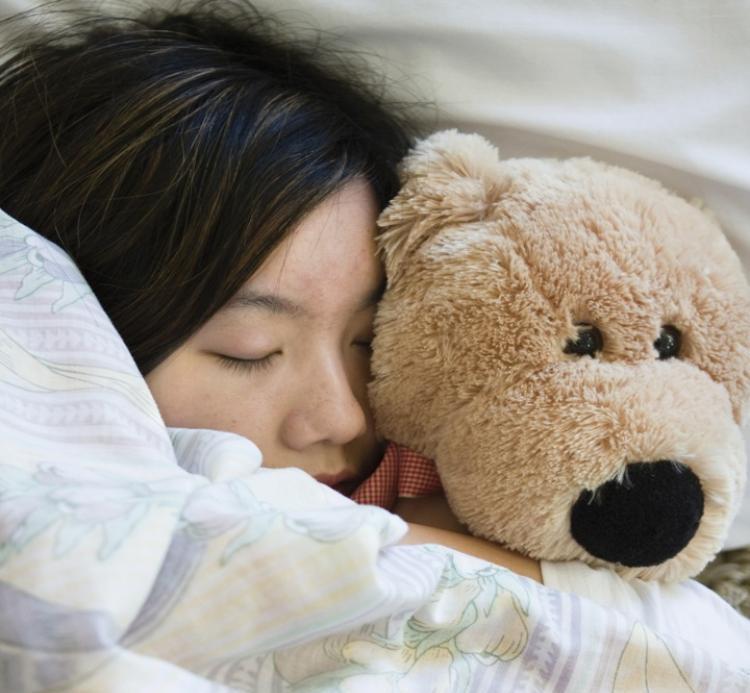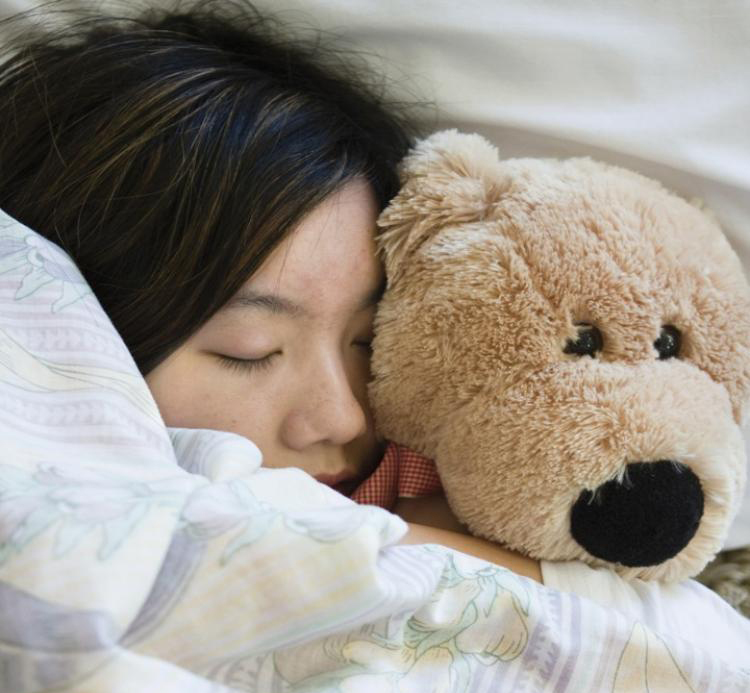A potentially large number of adults suffering from insomnia could actually be afraid of the dark, according to a new Canadian study.
Researchers from Ryerson University in Toronto interviewed a group of college students about the quality of their sleep. They discovered that almost half of those with poor sleep could also have a dark-related phobia.
The team assessed participants’ arousal levels in lit and darkened environments by recording their blink rates following sudden noise bursts. In the dark, good sleepers became used to the noise, but poor sleepers became more wary.
These results highlight the need to refine current insomnia treatment strategies which presume sleeplessness stems from a psychological association of anxiety with the bedroom.
“People with insomnia become more alert and sometimes anxious when they get into bed,” explained principal investigator Colleen Carney in an email interview with The Epoch Times.
“We call this conditioned arousal; that is, through the repeated pairing of the bed with wakefulness or anxiety, the bed comes to elicit wakefulness and anxiety.
“We treat this with stimulus control; that is, we ask people to leave the bed and bedroom when they are anxious or unable to sleep, and to return to bed when they feel sleepy.”
However, the new findings suggest that this treatment may be inadequate for some because it does not address their fear of the dark.
“Another possibility is treating the phobia first and then proceeding with insomnia treatment,” Carney said.
“This is the first study in this area so there is much more to know before making a definitive comment,” she added. “However, clinicians need to consider the possibility of a fear of the dark in their insomnia assessment.”
The findings will be presented today in Boston at SLEEP 2012, the 26th annual meeting of the Associated Professional Sleep Societies.
The Epoch Times publishes in 35 countries and in 19 languages. Subscribe to our e-newsletter






